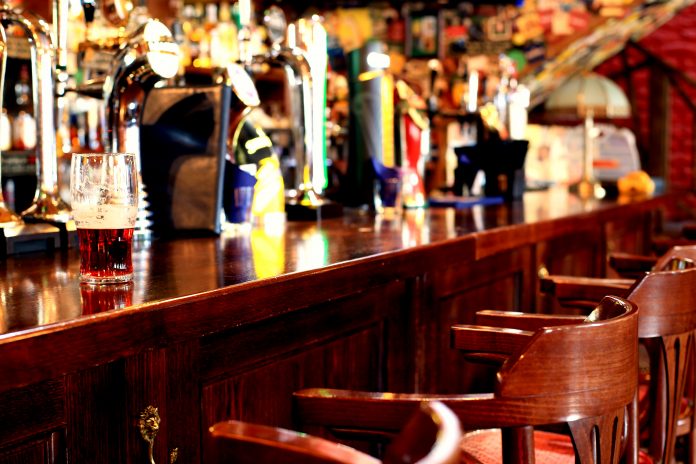Professor Sir Ian Gilmore, Chair of the Alcohol Health Alliance, examines what must be done to change the UK’s unhealthy relationship with alcohol
Alcohol is ingrained in British culture. It is part of almost every social occasion. We celebrate our successes with a glass of champagne and unwind after a long day with a bottle of wine. We catch up with old friends over a pint at the pub and ‘raise a glass’ to those we have lost.
Yet the UK is dangerously ill-equipped to deal with the darker side of alcohol and is in denial that a change in attitude is necessary if we are to begin to address the myriad of harms that alcohol causes.
Last year, the Alcohol Health Alliance’s Commission on Alcohol Harm, a panel of politicians, health experts and researchers, published the findings of its examination of the latest evidence of alcohol harm across the UK. The Commission received over 140 submissions of written evidence from organisations and individuals and heard testimony from 39 witnesses, including those with first-hand experience of the pain that alcohol can cause.
The conclusion was clear: alcohol harm is everywhere. The physical, mental, economic and social hurt connected with alcohol is hidden in plain sight and often endured privately. Some types of harm, such as liver disease or binge drinking, are well-known. Others, like the trauma caused to the children living with an alcohol dependent parent or the assault which is “the norm” for ambulance workers on a Friday night, are fully known only to those who experience it.
COVID-19 and alcohol
COVID-19 has only heightened the UK’s complex relationship with alcohol. The uncertainty and suffering experienced by many over the last 18 months have affected the way many people drink. Despite some groups reporting to have consumed less alcohol during the pandemic, the number of high-risk drinkers increased by around 59% according to the analysis of several studies by Public Health England.
Most troubling of all, deaths caused by alcohol in England and Wales reached record highs during 2020. But with 80% of these deaths linked to alcohol-related liver disease, we know that this crisis began long before COVID-19 even existed.
Alcohol: Beyond health
Beyond health, the economic strain that alcohol places on the UK far outweighs any benefits the alcohol industry declares it brings. The true cost of alcohol harm is difficult to measure, but best estimates suggest that the Government spends £27-52 billion a year dealing with alcohol harm; including a hefty £3.5 billion bill for the NHS and an £11.4 billion tab for alcohol-related crime.
To reduce alcohol harm, we must reduce our drinking. To do this in a long-lasting, sustainable way, intervention must begin long before permanent damage has been inflicted on an individual. The government must introduce a comprehensive Alcohol Strategy, which includes effective evidence-based policies to protect our health, ease the economic burden and build in measures to support families and protect against crime.
The simplest way to reduce the amount of alcohol drunk is by increasing the price. Alcohol in England is now 74% more affordable than it was in 1987. Setting a minimum unit price for alcohol across the whole of the UK, combined with a robust tax system will go a great way to reducing alcohol consumption and its consequential harm. If the Government ensures that the strongest drinks always cost the most, consumers are more likely to drink less or opt for lower strength options.
The Government must also commit to improving consumer information to help ensure that the public is aware of alcohol’s associated risks. Currently, alcohol is exempt from the labelling requirements for food and non-alcoholic drinks meaning that vital information such as ingredients or health warnings are not mandatory for alcohol labels. The public has a right to know what is in the products they buy and any associated health risks so they can make informed choices about their purchases and what they choose to drink. Alcohol labels are one tool, among many, that could help reduce alcohol harm by increasing knowledge of the health risks and prompting behaviour change.
Rules around alcohol advertising are also in serious need of review. Advertising restrictions are accepted for other legal products that have health risks, such as cigarettes and will soon be introduced for junk food. A comparable approach is both necessary and appropriate for alcohol.
Changing our attitude to drinking
All these measures will go a long way in changing our attitude to drinking and improving our health. Combined with an increase in funding and access to alcohol treatment services for those who are already vulnerable, we will see a reduction in alcohol harm. The Government must act quickly if we are to finally put a lid on this growing health crisis.











